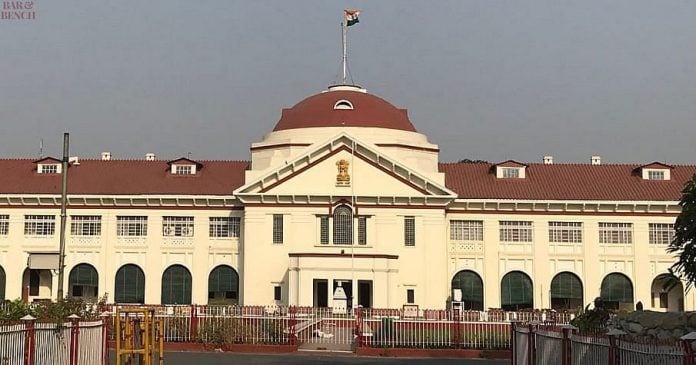The Patna High Court dismissed a Public Interest Litigation (PIL) filed seeking direction respondent authorities to discharge their statutory obligations in letter and spirit strictly in terms of the provisions of the Indian Stamp Act, 1899 read with Bihar Stamp (Prevention of Under Valuation of Instruments) Rules, 1995 and the Right to Fair Compensation and Transparency in Land Acquisition, Rehabilitation and Resettlement Act, 2013, while deciding the nature, classification and market value of the lands under acquisition.
The PIL filed by one Sanjay Kumar Singh further claimed for employing the nature, classification and market value settled under the Minimum Value Register (MVR) prepared by the expert committee in terms of the provisions of the Indian Stamp Act, 1899 read with Bihar Stamp (Prevention of Under Valuation of Instruments) Rules, 1995 for the purpose of ascertaining the nature, classification and market value of the lands under acquisition within the State of Bihar and interdicting the respondents from deviating from such classification.
The petitioner, but for the blanket relief, claimed instance of an acquisition and the wrong classification made thereunder.
“In fact, if there is a wrong classification made of any acquired property, it is for the affected party to take up appropriate proceedings in accordance with law before the competent forum; to challenge the wrong classification made. There cannot be any blanket direction issued in a public interest litigation like the instant one, filed in a vacuum”, the Division Bench of Chief Justice K. Vinod Chandran and Justice Partha Sarthy observed.
The Bench referred to the decision of the Supreme Court in M/s Kusum Ingots and Alloys Ltd. v. Union of India & Anr.; AIR 2004 SC 2321, wherein the SARFAESI Act was challenged before the Delhi High Court on the ground that the seat of the Union Government was in Delhi. It was held by the Hon’ble Supreme Court that the jurisdiction of a High Court cannot be invoked in a vacuum.
The High Court found absolutely no reason to invoke the extraordinary jurisdiction under Article 226 of the Constitution.


